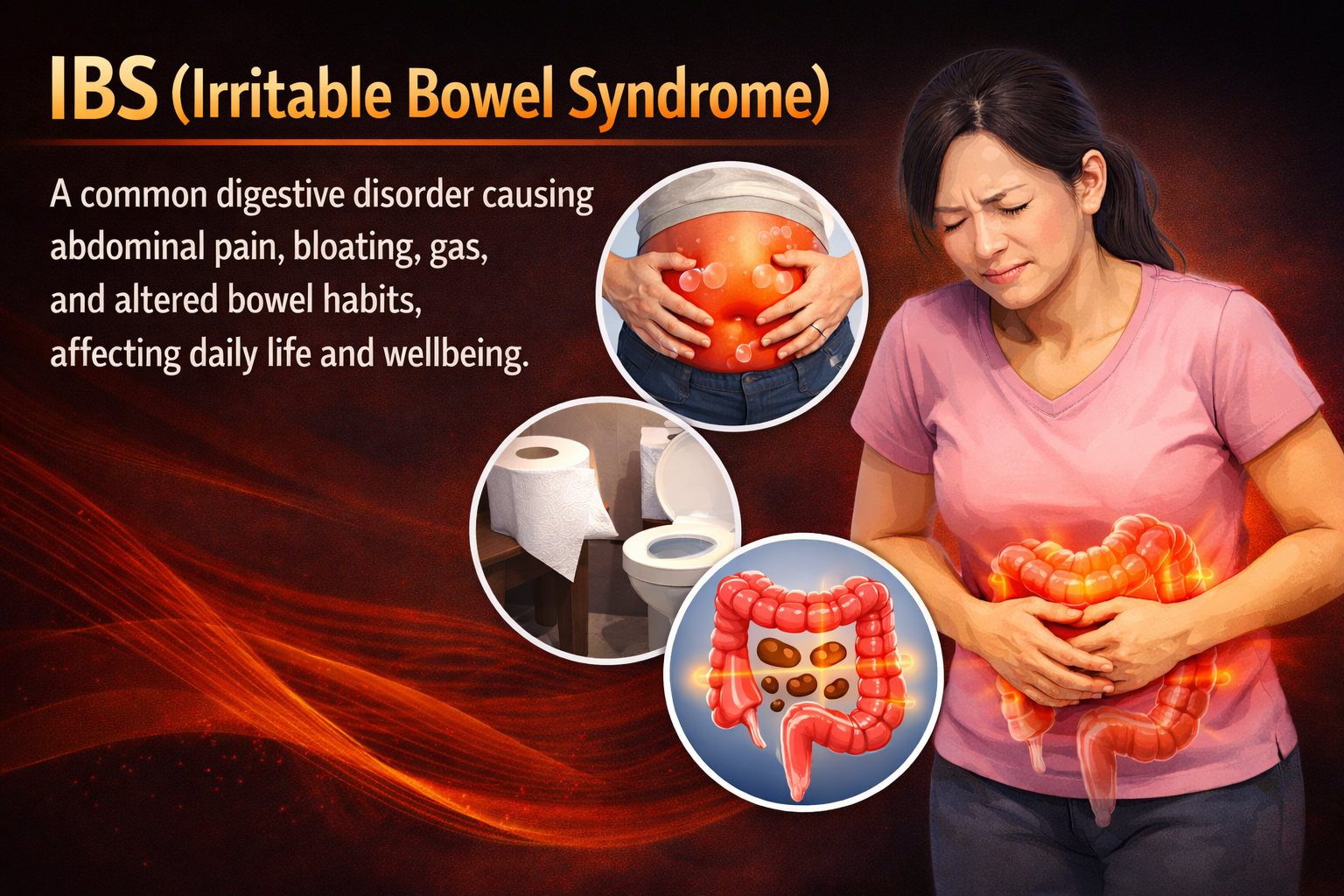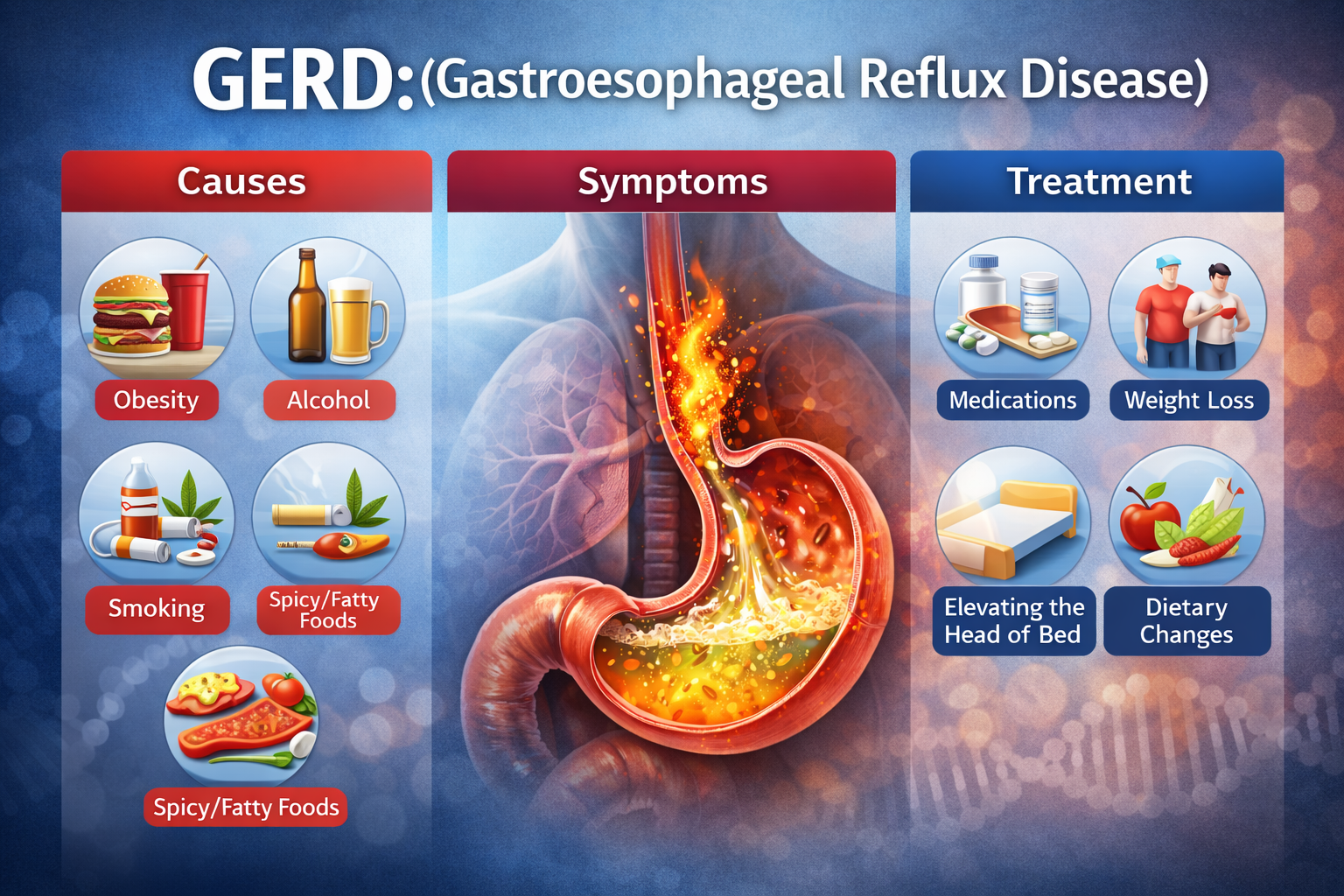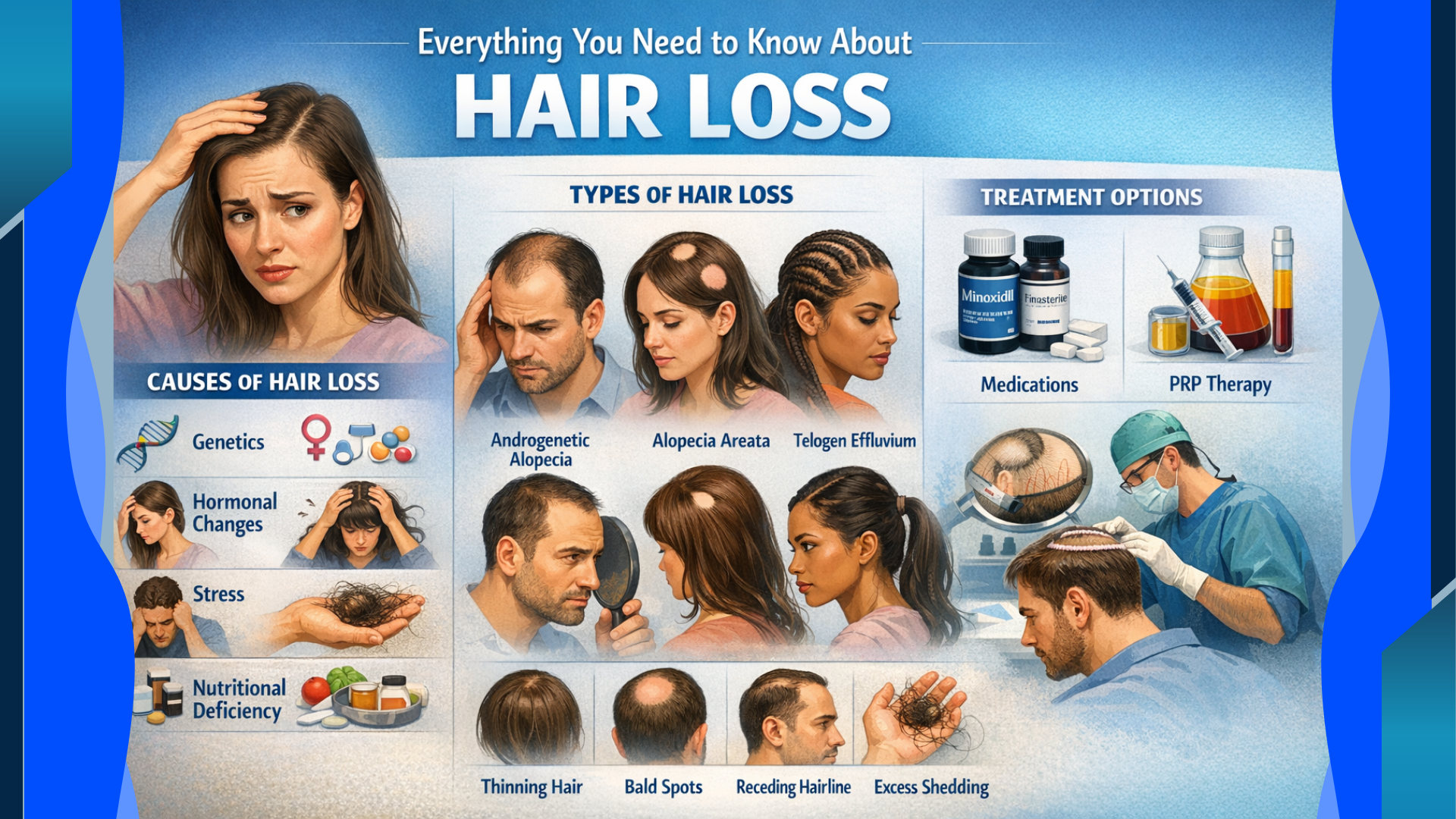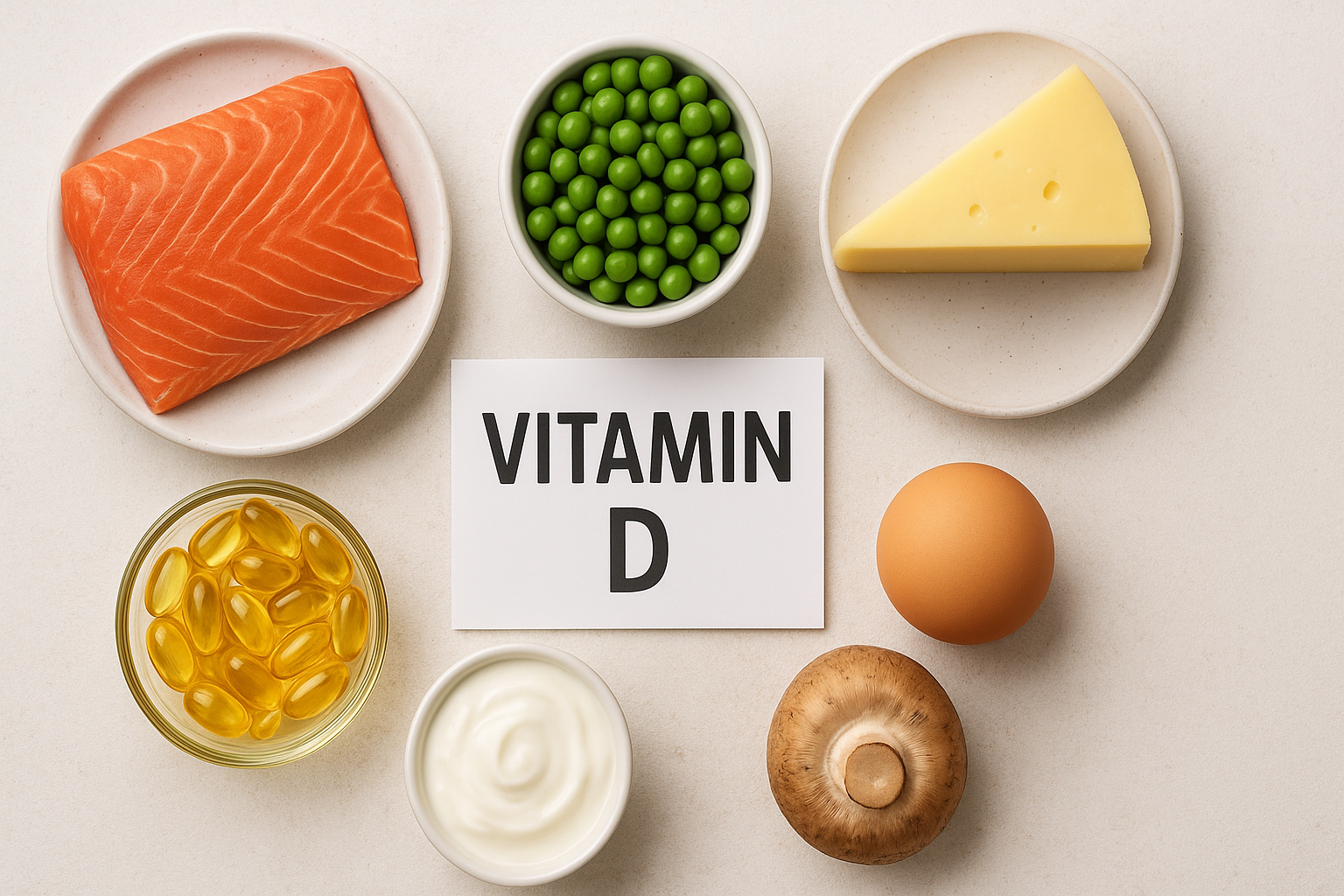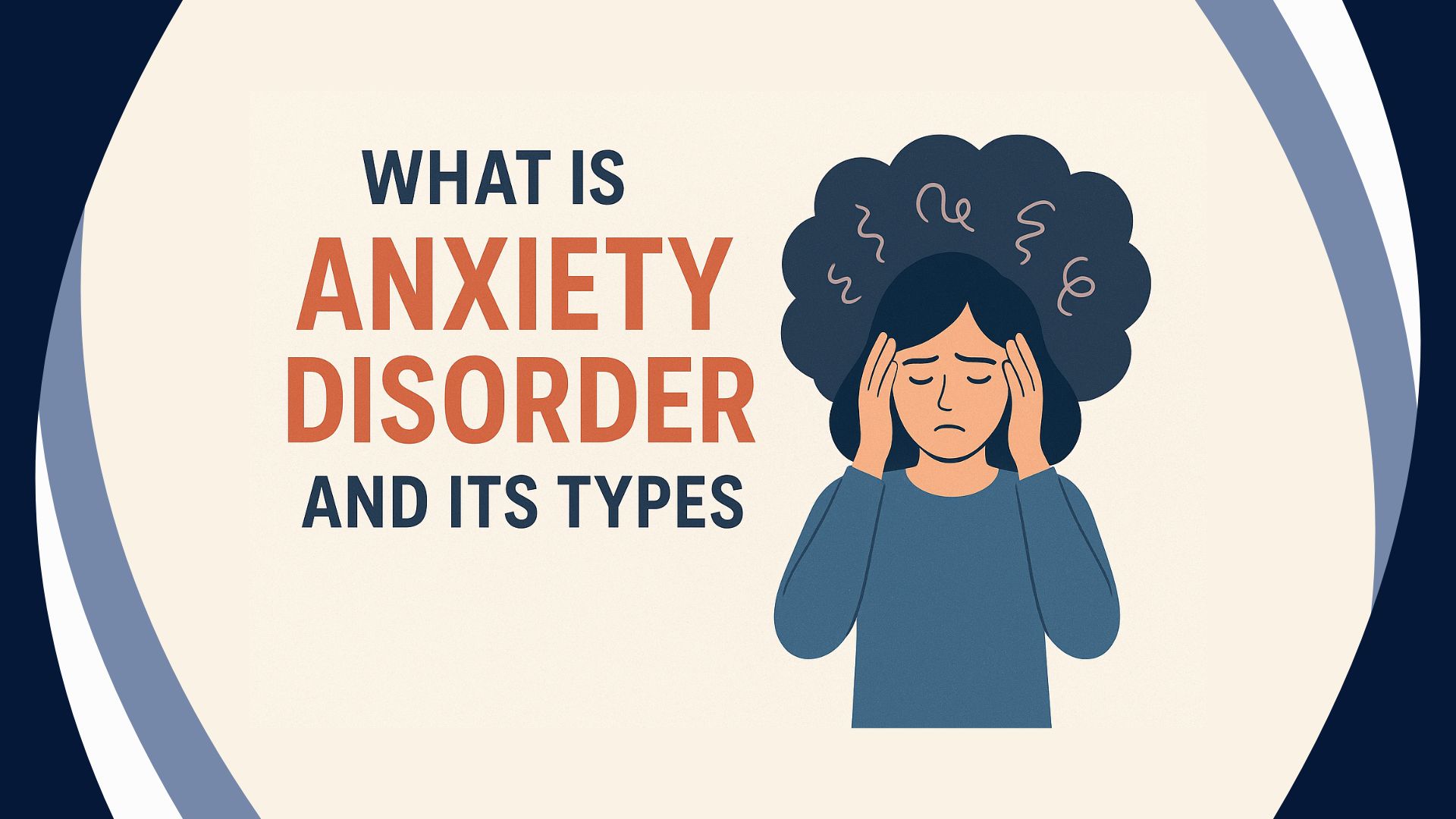Benefits of doing daily sexual activity?

Engaging in sexual activity daily can have a range of effects, both positive and negative, depending on individual circumstances, health status, and relationship dynamics. Here’s a comprehensive look at the potential effects and side effects of daily sex activity:
Positive Effects of Daily Sex
- Physical Health Benefits:
- Cardiovascular Health: Regular sexual activity can be a form of exercise, which may improve heart health and circulation.
- Immune Function: Some studies suggest that frequent sex may enhance immune function and increase resistance to common illnesses.
- Pain Relief: Sexual activity can release endorphins and other hormones that may help reduce pain and provide relief from menstrual cramps and headaches.
- Mental Health Benefits:
- Stress Reduction: Sexual activity can reduce stress and anxiety through the release of oxytocin and endorphins, which promote feelings of relaxation and well-being.
- Improved Mood: The release of “feel-good” hormones during sex can enhance mood and contribute to emotional satisfaction.
- Enhanced Sleep: The relaxation and hormonal changes associated with sex can improve sleep quality.
- Relationship Benefits:
- Increased Intimacy: Frequent sexual activity can enhance emotional intimacy and strengthen the bond between partners.
- Communication: Regular sexual activity may encourage open communication and understanding about sexual needs and desires.
- Reproductive Health:
- Increased Fertility: For couples trying to conceive, regular sex increases the chances of conception by aligning with the woman’s fertile window.
Side Effects of Daily Sex ?
- Physical Discomfort:
- Irritation: Frequent sexual activity can sometimes cause genital irritation or soreness, particularly if lubrication is not used adequately.
- Infections: Increased frequency may raise the risk of urinary tract infections (UTIs) or sexually transmitted infections (STIs) if proper hygiene is not maintained.
- Emotional and Psychological Effects:
- Pressure and Expectations: Daily sex might lead to pressure or stress, especially if one partner feels obligated or if sexual activity becomes a routine rather than a shared pleasure.
- Relationship Dynamics: Discrepancies in sexual desire or frequency preferences between partners can lead to misunderstandings or conflicts.
- Impact on Daily Life:
- Disruption of Routine: If sexual activity becomes a daily priority, it might interfere with other aspects of life, such as work, social activities, or sleep.
- Energy Levels: For some individuals, frequent sex might lead to fatigue or a lack of energy for other daily activities.
- Potential Health Concerns:
- Sexual Dysfunction: Overemphasis on sexual activity may sometimes lead to performance anxiety or sexual dysfunction.
- Risk of Injury: In some cases, frequent sexual activity could lead to minor injuries or discomfort due to overexertion or lack of adequate foreplay.
Best Practices for Healthy Sexual Activity :
- Communication: Open and honest communication with your partner about needs, desires, and boundaries is crucial for a healthy sexual relationship.
- Hygiene: Practice good genital hygiene and use protection to reduce the risk of infections and STIs.
- Lubrication: Use adequate lubrication to prevent irritation and enhance comfort during sexual activity.
- Listen to Your Body: Pay attention to physical and emotional signals, and take breaks if necessary to avoid overexertion or discomfort.
- Balance: Ensure that sexual activity does not overshadow other important aspects of your life and relationship.
How to Maintain a healthy sex drive:


It can often be supported by a balanced diet. Here are some nutritional tips to help boost libido:
- Fruits and Vegetables:
- Bananas: Rich in bromelain, which may enhance testosterone levels.
- Avocados: High in healthy fats and vitamin E, which are important for hormone production.
- Leafy Greens: Spinach and kale are rich in magnesium, which can boost testosterone.
- Nuts and Seeds:
- Walnuts and Almonds: Good sources of omega-3 fatty acids and zinc, both of which can support hormone balance.
- Pumpkin Seeds: High in zinc, which is vital for testosterone production.
- Whole Grains:
- Foods like oats and brown rice can help maintain energy levels and support overall health.
- Lean Proteins:
- Chicken, turkey, and fish (especially fatty fish like salmon) are important for muscle health and hormone production.
- Healthy Fats:
- Incorporate sources of healthy fats like olive oil and avocados, which can promote cardiovascular health.
- Dark Chocolate:
- Contains flavonoids that can improve circulation, which is beneficial for sexual function.
- Herbs and Spices:
- Ginger: May increase blood flow and improve circulation.
- Ginseng: Traditionally used to boost libido and energy levels.
- Stay Hydrated:
- Proper hydration is crucial for overall health, including sexual health.
- Limit Processed Foods and Sugar:
- High sugar and processed food intake can negatively impact hormone levels and energy.
- Moderate Alcohol Consumption:
- While small amounts may help reduce inhibitions, excessive drinking can negatively affect libido.
When to Seek Help ?
If daily sexual activity is causing physical discomfort, emotional stress, or interfering with your daily life, it may be helpful to consult a healthcare professional or a therapist specializing in sexual health. They can provide guidance tailored to your specific situation and help address any underlying issues.
Overall, the impact of daily sexual activity varies greatly among individuals and couples. Balancing sexual activity with overall well-being and maintaining open communication with your partner can help maximize the positive effects and minimize potential drawbacks.
Get more information about Sexual Intercourse : click here
Get information more in detail about Male fertility : click here
